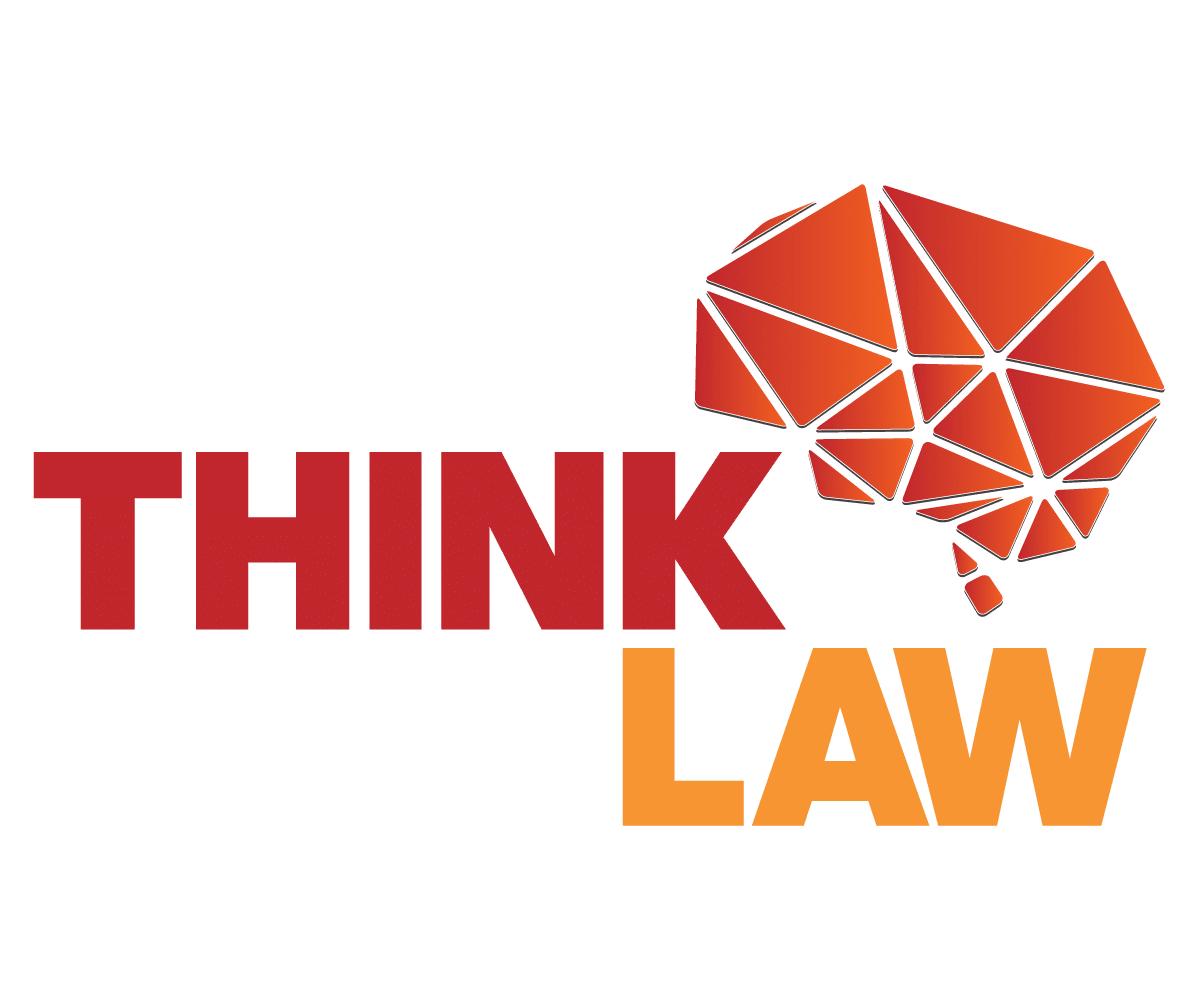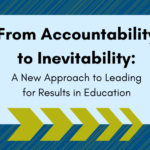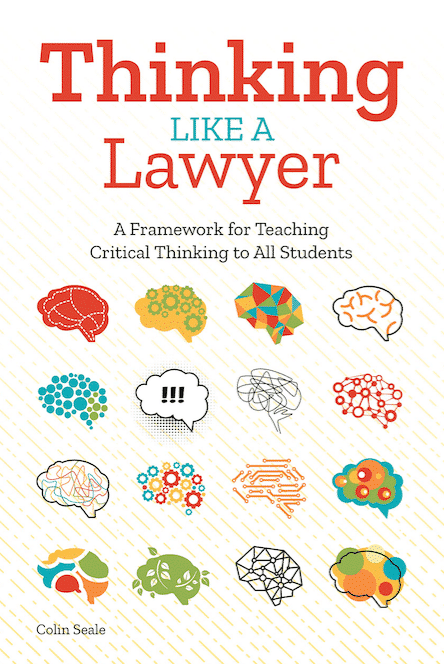In 2017, I attended over 35 education conferences across the United States. The most common theme of these conferences, by far, was the “future of work.” This is the idea that the 21st century shift in the workforce involves a rate of transformation unlike anything we’ve ever seen. The urgent call to action, then, is to prepare our students for a highly-flexible, super-technological future if we want to avoid massive unemployment and economic crisis. One prominent doom and gloom keynote speaker put it this way: “If you can write an algorithm for your job, your job can be automated.”
Teach your students the skills they need to become irreplaceable in the workforce using thinkLaw lesson plans. Download now on TeachersPayTeachers.
As a computer science graduate-turned-math educator-turned-attorney-turned-critical thinking-for-all advocate, my concerns are less dire, but no less urgent. I’m less pessimistic because for every job wiped out because of technology, new ones are created. But my concerns are just as urgent because education leaders across the country are making a huge mistake in their well-intended desire to prepare students for the future of work: they are not prioritizing critical thinking as the key mechanism to create future-ready students.
Critical Thinking and a 21st Century Workforce
Too many educators believe that if we just taught every student how to code, or if we just put every student in a career and technical education program, then somehow all students will be 21st century ready. This is simply not true. I know this because lots of my fellow computer science graduates were laid off in the last few years because knowing how to code and being socially awkward isn’t all that helpful in the real world. What tech companies really need is folks who could talk technology and talk to buyers using the technology. I know this because I recognize that while certain technical certifications allow 19-year-olds to earn over $70K a year, the rate of technological change moves quicker than it ever has. So why train students to do a specific job that may be high-paying today, but obsolete in just a few years?
The Importance of Teaching the “Soft Skills”
Our focus, therefore, cannot be coding for the sake of coding, or career and technical education for the sake of getting a job in a certain field. The focus must be broader and include what some dub “soft skills” like emotional intelligence, judgment and—yes—critical thinking. As Alvin Toffler famously noted, “the illiterate of the 21st century will not be those who cannot read or write, it will be those who cannot learn, unlearn and relearn.” This means that if we are teaching students to code, it can’t be about learning how to code apps in Python. It must focus on learning how to listen to users about what their needs are, how to work in groups to communicate across lines of difference, and how to iteratively improve based on feedback. If we are training students to be certified in a technical field, the focus must be on building a transferable set of critical thinking skills, habits and mindsets they can use to be problem solvers and problem finders in any context. These so-called “soft skills” (which are probably the hardest to teach) are the difference-makers that separate us from the robots, and what we truly need to make our students irreplaceable leaders in the workforce of tomorrow.
So let’s not be afraid of the robots. Let’s be afraid of teachers who are glued to the “what” and “how to” because they are scared to make the essential 21st century shift to the “why” and “what if.” Let’s be afraid of the steep decline in college students pursuing degrees in the liberal arts, even though the humanities teaches us to be human—teaching students the creative, contextual, and cognitive skills that cannot be replaced by machines. And most importantly, let’s be afraid of an education system that continues to provide these essential future-ready skills to only the most elite students at the most elite schools because we are still treating critical thinking like a luxury good.
As author and pundit Fareed Zakaria notes in his powerful warning against our STEM obsession, “critical thinking is, in the end, the only way to protect American jobs.” And if critical thinking is our only hope, the success of our future workforce demands equitable access to meaningful critical thinking as a key educational priority for students in all grade levels and subject areas.








Leave a Reply